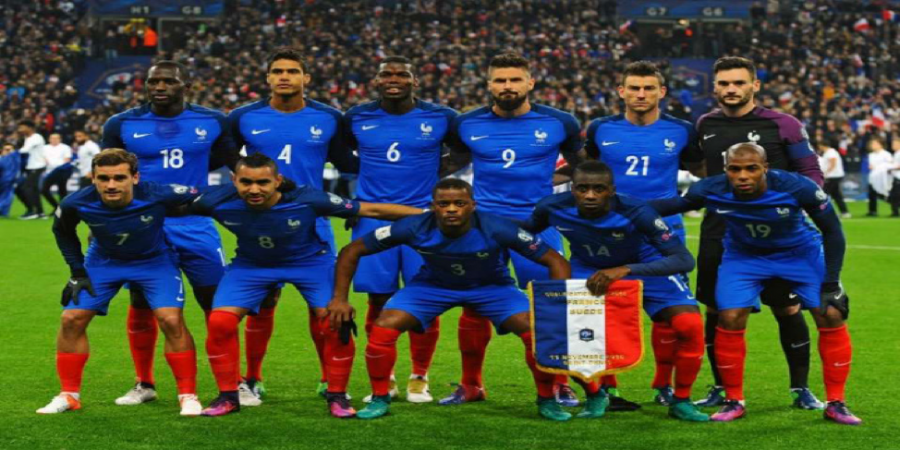The World Cup with Overwhelming Presence and Power in the World
There is no event that can capture an entire nation like the World Cup. Audiences topped 3.4 billion viewers, nearly half the world’s population, of the 2018 World Cup. The Super Bowl, however, remains the most watched sporting event in the United States every year.
In historically dominant soccer countries, like Italy and France, “futbol” is everything.
“People in Italy live for soccer, if they don’t play, then they are huge fans, they are crazy,” said Marco Di Natale ’22.
Di Natale, who is from Vicenza, a small town in Northern Italy, with a population a little over one hundred thousand, remembers the night of the 2006 World Cup vividly. He remembered the crazy parade that followed Italy’s penalty kick victory over France.
At the base of futbol is unity. It was the key for Marco Materazzi and the Italian team in 2006. He said in an interview that “unity” was the most instrumental part of success. It resides in the whole nation rallying behind the same thing. In nations like France and Italy, this sense of unity is ubiquitous during the World Cup.
The same feelings of pride and unity existed in Professor Dominique Laurent following the 1998 World Cup victory for France as well this past year.
“It was just crazy, absolutely insane,” said Professor Laurent on seeing and hearing about the events following both World Cup victories.
The World Cup can unify, as well as communicate what each nation represents and who they are. Professor Laurent finds pride in not just results of the team, but also how a team like France, who has historically been a mostly white team, changes and represents the current country.
“If you look at the French team, they are black guys, they are Arabs, they are French but from different backgrounds, it was kind of nice to say that this is the face of France, it’s no longer just a country for white people, but it is a mix of people from [different parts of the world], that is something that made me proud.”
The unity and pride felt in victory, and in defeat, of a team represents not just a city but an entire nation. This is something we, in the United States, have only felt in individual competitions or less competitive competitions in other team sports. With the exponential rise of youth soccer, it will be interesting to see if there becomes a greater sense of pride and unity as, hopefully, the Men’s National Team is able to compete with the great nations of the world. Every four years it will be interesting to watch if there is change in the United States.



